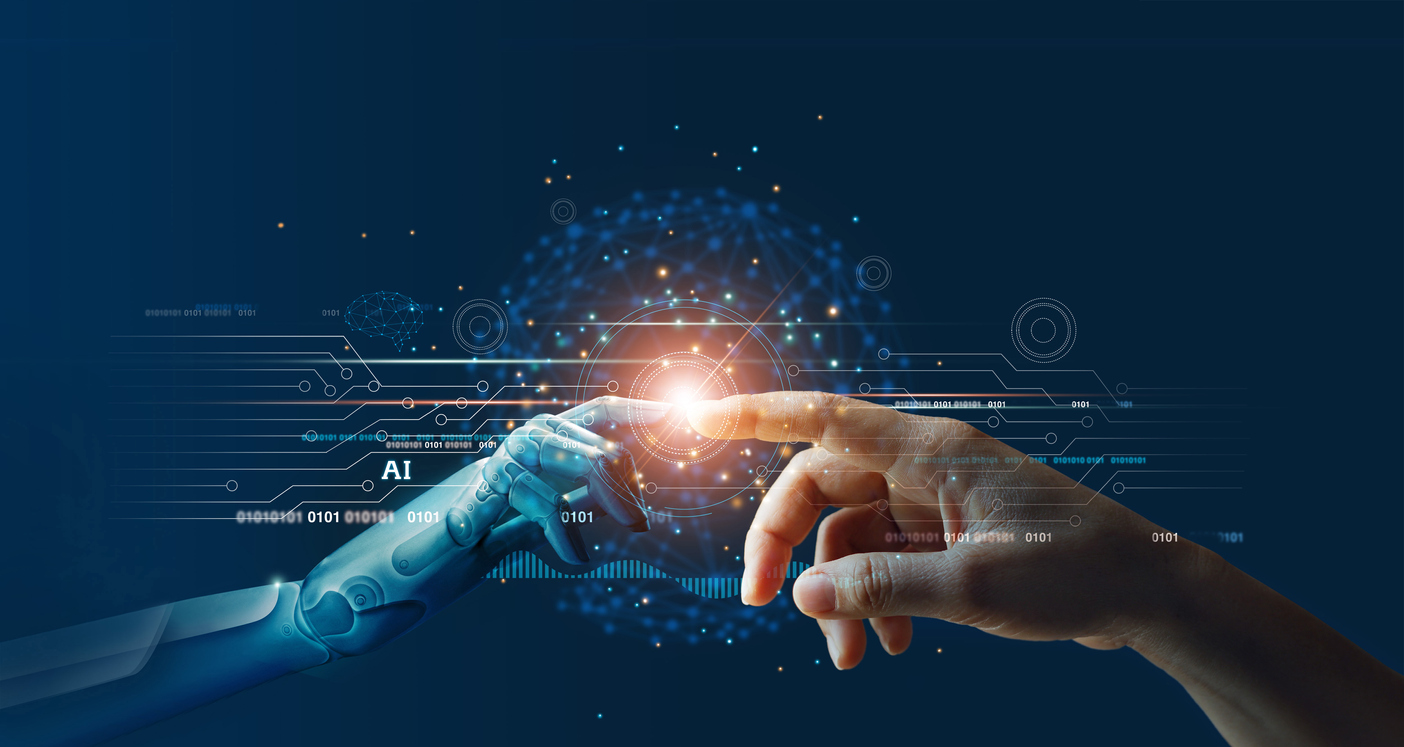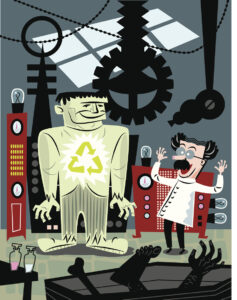Technology disrupting the workforce is not a new phenomenon and it has never proved a lasting impediment for those eager to work. The invention of, say, the internal-combustion engine put buggy-whip makers and carriage assemblers out of business, but it created many more jobs in the manufacture, advertising, sales and maintenance of automobiles. Other technologies, from the cotton gin to the airplane, expanded job opportunities and created goods and services that made the hard work worthwhile.
What is unique about today’s digital revolution is the suspicion that, for the first time, technology threatens to make obsolete not only some jobs but all human labor. The fear is that we are entering an era when sophisticated software will leave only the most intelligent with high-paying jobs.
Political activist Jeremy Rifkin made this case in his 1995 book, “The End of Work.” The world, he argued, “is fast polarizing into two potentially irreconcilable forces: on the one side an information elite that controls and manages the high-tech global economy; and on the other, the growing numbers of displaced workers, who have few prospects and little hope for meaningful employment in an automated world.”
Fortunately, not everyone who studies technological disruption is convinced that digital innovation threatens the job market – or that American society is splitting between a few super-intelligent overlords and a permanent underclass.
At MIT’s Center for Digital Business, for instance, Erik Brynjolfsson has long argued that computers, while great at pattern recognition and repetitive tasks, are “lousy general problem solvers” and, for all their speed, have “little creative ability.” While they may someday chauffeur us to the office in driverless cars, they “are lost when asked to work even a little outside a predefined domain.”
In the future, becoming a policeman, plumber or doctor will not require beating out a computer for the job, Mr. Brynjolfsson writes in his paper “Race Against the Machine.” It will involve knowing how to use technology to maximize one’s performance. Success won’t demand an intellectual capacity beyond the current average, but it will require a better preparation than most K-12 schools provide. “Unfortunately,” he adds, “our educational progress has stalled.”
That poor schooling, and not some intrinsic human limitation, is the real barrier to full employment seems to be borne out by what economists call the “skills gap.” Before the coronavirus, more than nine million Americans were looking for work, but 5.4 million job openings continue to sit unfilled, according to the Bureau of Labor Statistics.
Creating the kind of educational system that will preserve the value of human labor far into the future will not be easy, especially when the teacher unions are reluctant to pitch in. But if Aldous Huxley, George Orwell and other great science-fiction writers have taught us anything, it is that groups identified as “obsolete” can quickly be deemed “inferior” – and a paternalistic government can become the beneficiary’s worst nightmare.





